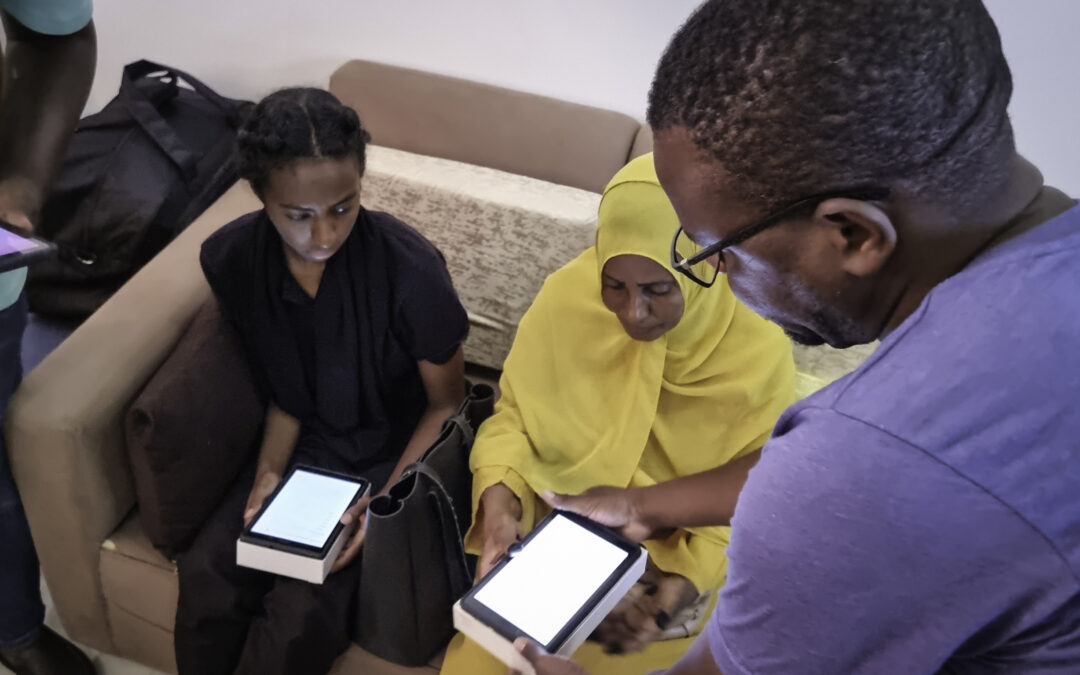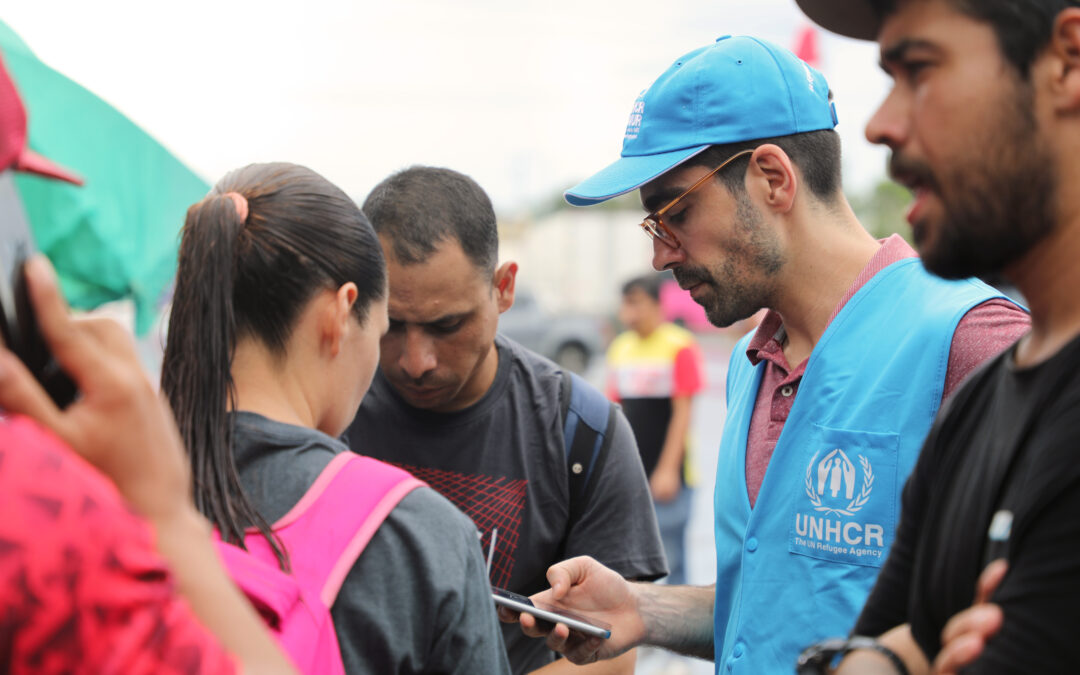
Sep 17, 2024
At the end of September 2024, world leaders are coming together in New York City to convene a variety of high-level events. Between 22-23 September, the Summit of the Future will take place, which has been described as a once-in-a-generation opportunity to mend eroded trust and demonstrate that international cooperation can effectively tackle emerging threats as well as opportunities.
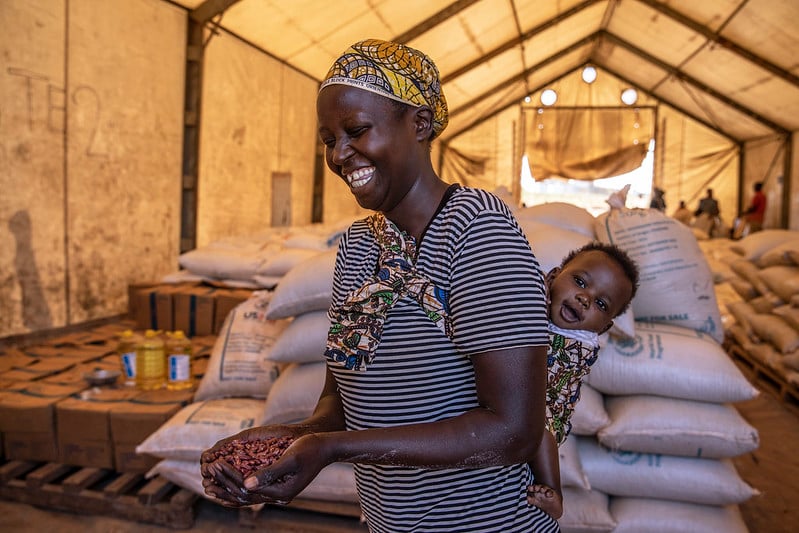
Sep 16, 2024
It is common practice for UNHCR, the UN Refugee Agency, and WFP, World Food Programme, to collaborate in some of the world’s most difficult humanitarian responses. While UNHCR is mandated to protect those forced to flee, WFP is responsible for delivering food and life-saving assistance in emergencies and protracted refugee situations. The two organizations work together to serve the most vulnerable populations. As part of this collaboration, UNHCR and WFP may need to exchange some information on the forcibly displaced populations to ensure they receive targeted food assistance in a dignified manner.

Aug 30, 2024
In today’s interconnected world, the ability to prove one’s identity isn’t just a legal formality—it’s a fundamental human right that unlocks access to a wide range of services and opportunities. For many, having a birth certificate or an ID card is something easily taken for granted. But for migrants, refugees, and stateless people, legal recognition is crucial for securing rights and accessing essential services. This is where Civil Registration and Vital Statistics (CRVS) systems play a pivotal role, ensuring that every person is recognized under the law, regardless of their circumstances.
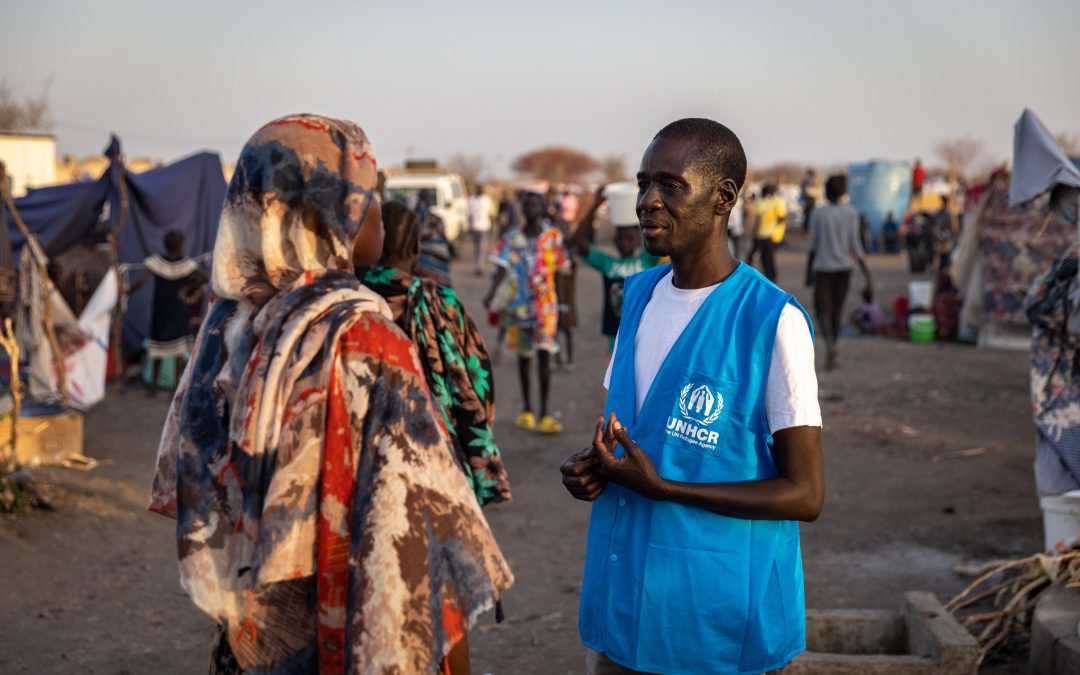
Sep 7, 2023
When the armed conflict in Sudan broke out in mid-April 2023, UNHCR conducted the last stages of its revamped Emergency Registration Learning Programme (ERLP). 20 staff from various locations across the world were trained in refugee registration and identity management in emergencies, enabling them to develop and implement efficient and strategic registration processes for emergency situations. They were quickly deployed, as the situation in Sudan only worsened. While the country used to be home for the second highest refugee population in Africa, the renewed conflict has now displaced over 800,000 people inside Sudan.

Aug 2, 2023
When UNHCR, the UN Refugee Agency, began collecting biometrics in 2002, it was for one local and very specific use case: To facilitate fair and single-time cash grants, irises of Afghan refugees in Pakistan were collected.
Alongside many developments in biometrics over the past two decades, UNHCR explored and implemented different biometric tools in different regions and for different purposes. Since the beginning, biometrics brought direct benefits to refugees, UNHCR, and partners alike, and are now considered an integral component of registration data in over 90 UNHCR country operations globally.
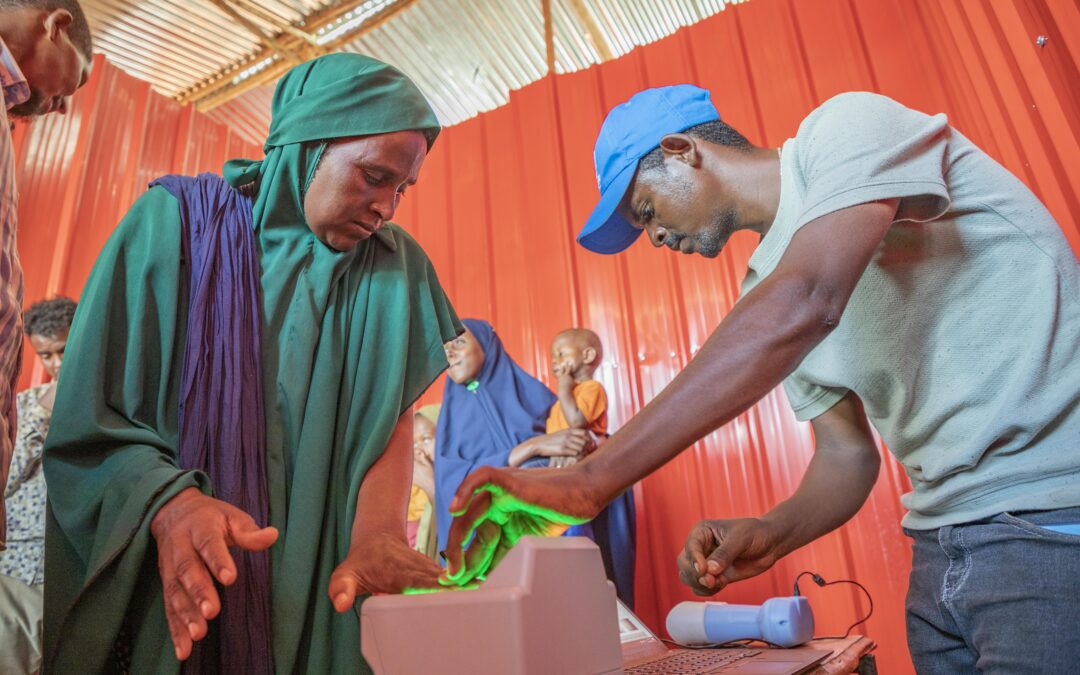
May 10, 2023
UNHCR, the UN Refugee Agency, uses a Biometric Identity Management System – or BIMS for short – for biometric enrolments of people forced to flee. It is our primary biometric system within our registration and identity management ecosystem and used in 93 countries across the world.
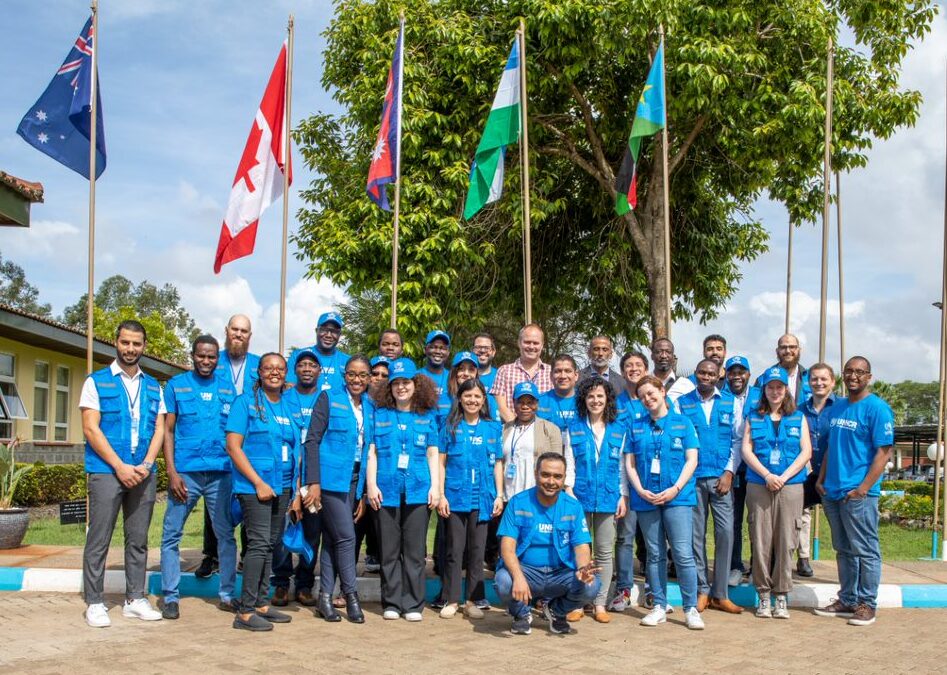
May 9, 2023
The typical emergency response relies heavily on UNHCR’s ability to quickly scale up on staffing, budgets, and activities that deliver assistance and protection. UNHCR works with a roster of registration colleagues, who can be deployed within 72 hours when a new emergency arises and has developed a revamped Emergency Registration Learning Programme for colleagues.
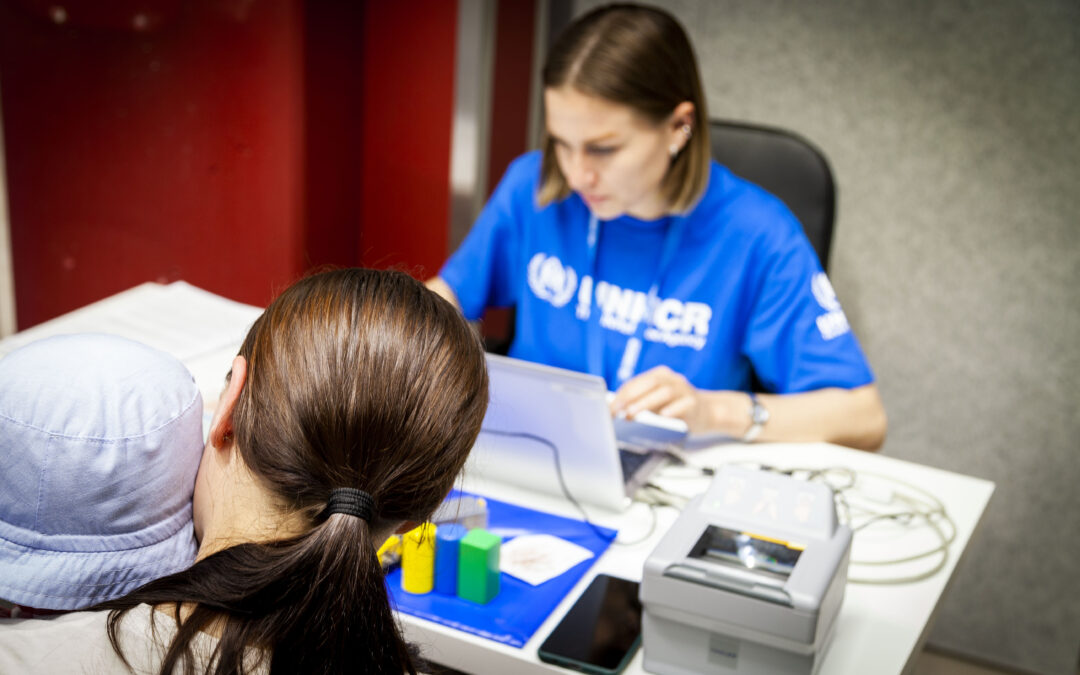
Mar 28, 2023
UNHCR enters 2023 with the General Policy on Personal Data and Privacy (GDPP) issued by the High Commissioner. The new policy establishes an updated and unified data protection and privacy framework applicable to the collection, use and sharing of personal data of all individuals by UNHCR, fostering trust among people we serve, staff, partners, and donors.
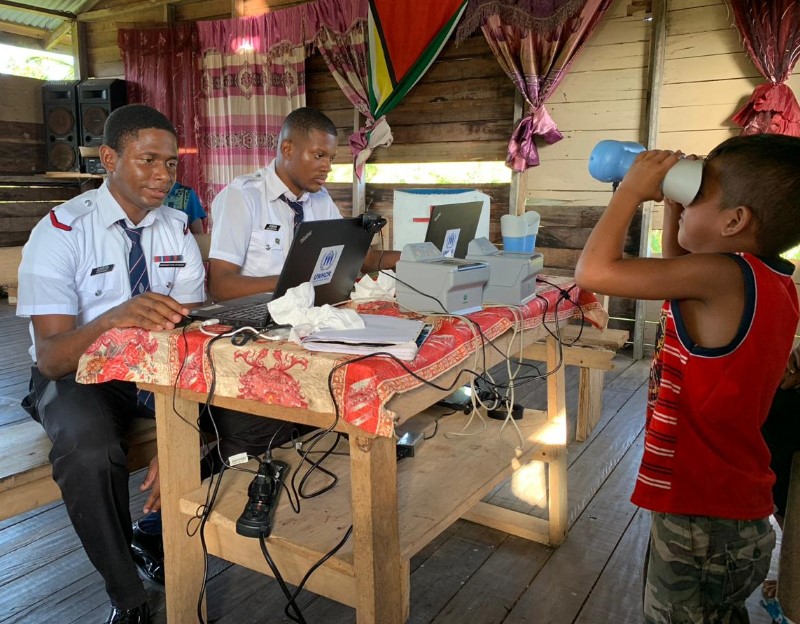
Feb 17, 2020
The use of UNHCR’s “PRIMES” system facilitates collection of data to assist Venezuelans and others in need of basic services in Guyana.




